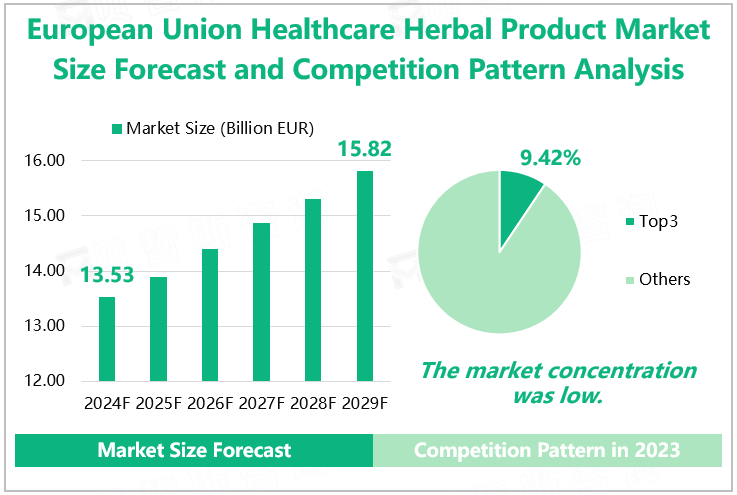Healthcare herbal products are health products with specific health functions, guided by the theory of traditional Chinese medicine and made from natural herbs through scientific processing. Healthcare herbal products have various benefits, such as enhancing immunity, anti-aging, disease prevention and treatment, etc. They have a long history of use and are deeply trusted and loved by people.
Introduction to Segmented Product Types
According to their different functions, healthcare herbal products can be divided into various types:
Immune-enhancing herbs: such as astragalus and ginseng, having the effect of enhancing the body's resistance and immune function, helping to prevent diseases.
Anti-aging herbs: such as goji berries and Angelica sinensis, rich in antioxidants, which can help delay the aging process and maintain good health.
Disease prevention and treatment: herbs such as Poria Cocos and Job's Tears have various effects such as anti-cancer, anti-inflammatory, and cardiovascular regulation, which play an important role in the prevention and treatment of certain diseases.
In addition, Healthcare herbal products can also be classified according to dosage forms, such as pills, capsules, tablets, granules, oral liquids, etc. These different dosage forms facilitate the use of consumers and also meet the needs of different groups of people.
Overview of Market Development
From the current market situation, the healthcare herbal product market in the EU region already has a considerable consumer base. These consumers have a high acceptance of herbal products, believing that they have significant health benefits and relatively small side effects. In addition, with the improvement of living standards and the enhancement of health awareness, more and more consumers are paying attention to the quality and effectiveness of herbal products, which provides a good opportunity for the development of the market.
Thanks to the unique health benefits of herbal products and consumers' pursuit of natural and healthy lifestyles, the market for healthcare herbal products in the EU region has been steadily growing in recent years. According to our research data, the market size of healthcare herbal products in the EU region is estimated to be €13.53 billion in 2024, an increase of 3.38% from 2023, and is expected to continue to increase to €15.82 billion by 2029.
Analysis of Market Competition Pattern
From the perspective of market competition, the market for healthcare herbal products in the EU region is extremely dispersed. According to the data, the total output value of healthcare herbal products by the top 3 companies in 2023 was €1.23 billion, with a total share of only 9.42%. The top 3 companies were Schwabe Group, Bionorica, and Arkopharma. In 2023, these three companies accounted for 5.09%, 2.68%, and 1.65% of the EU market for their healthcare herbal products.
European Union Healthcare Herbal Product Market Size Forecast and Competition Pattern Analysis

Source: www.globalmarketmonitor.com
Analysis of Market Development in Major Countries
Research shows that the market for healthcare herbal products in the EU region is dominated by countries such as Germany, France, and Italy. Among them, Germany is the largest revenue market. Data shows that the market size of German healthcare herbal products is expected to reach €5.52 billion in 2024, with an estimated market share of 40.81%; France is expected to rank second with a market share of 20.80%.
European Union Healthcare Herbal Product Market Size and Market Share by
Country Forecast in 2024
|
Countries
|
Market Size (Billion EUR)
|
Market Share
|
|
Germany
|
5.52
|
40.81%
|
|
France
|
2.82
|
20.80%
|
|
UK
|
0.72
|
5.34%
|
|
Italy
|
1.19
|
8.80%
|
|
Netherland
|
0.26
|
1.95%
|
|
Spain
|
0.72
|
5.28%
|
|
Sweden
|
0.16
|
1.16%
|
Source: www.globalmarketmonitor.com
Market Development Trend Prediction
From the perspective of market trends, the market for Healthcare herbal products in the EU region is expected to continue to maintain a growth trend in the future. On the one hand, with the advancement of technology and the improvement of production processes, the quality and effectiveness of herbal products will be further improved, thereby attracting more consumer attention and purchase. On the other hand, the diversification and personalization of herbal products will also become an important trend in market development. The demand for herbal products with special effects tailored to the different needs of consumers will continue to increase, which will drive the market towards more differentiation and specialization.
